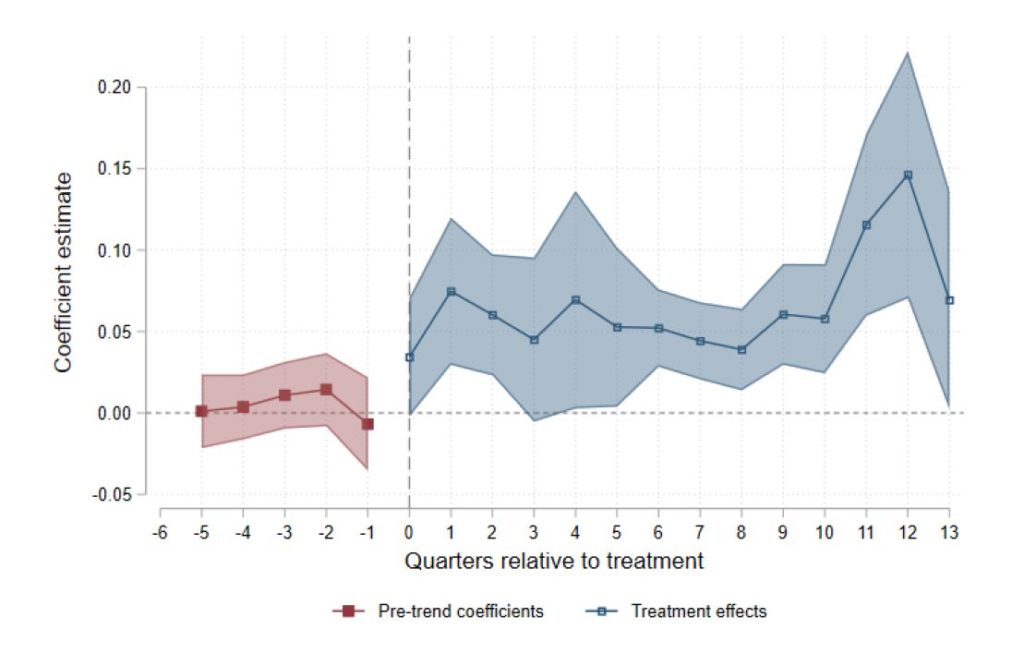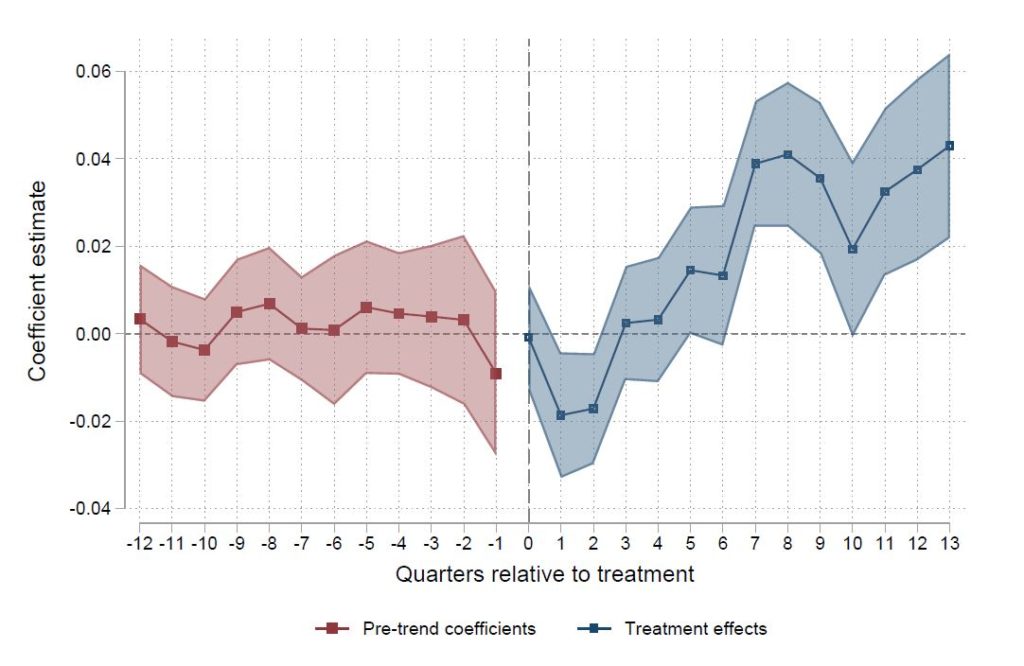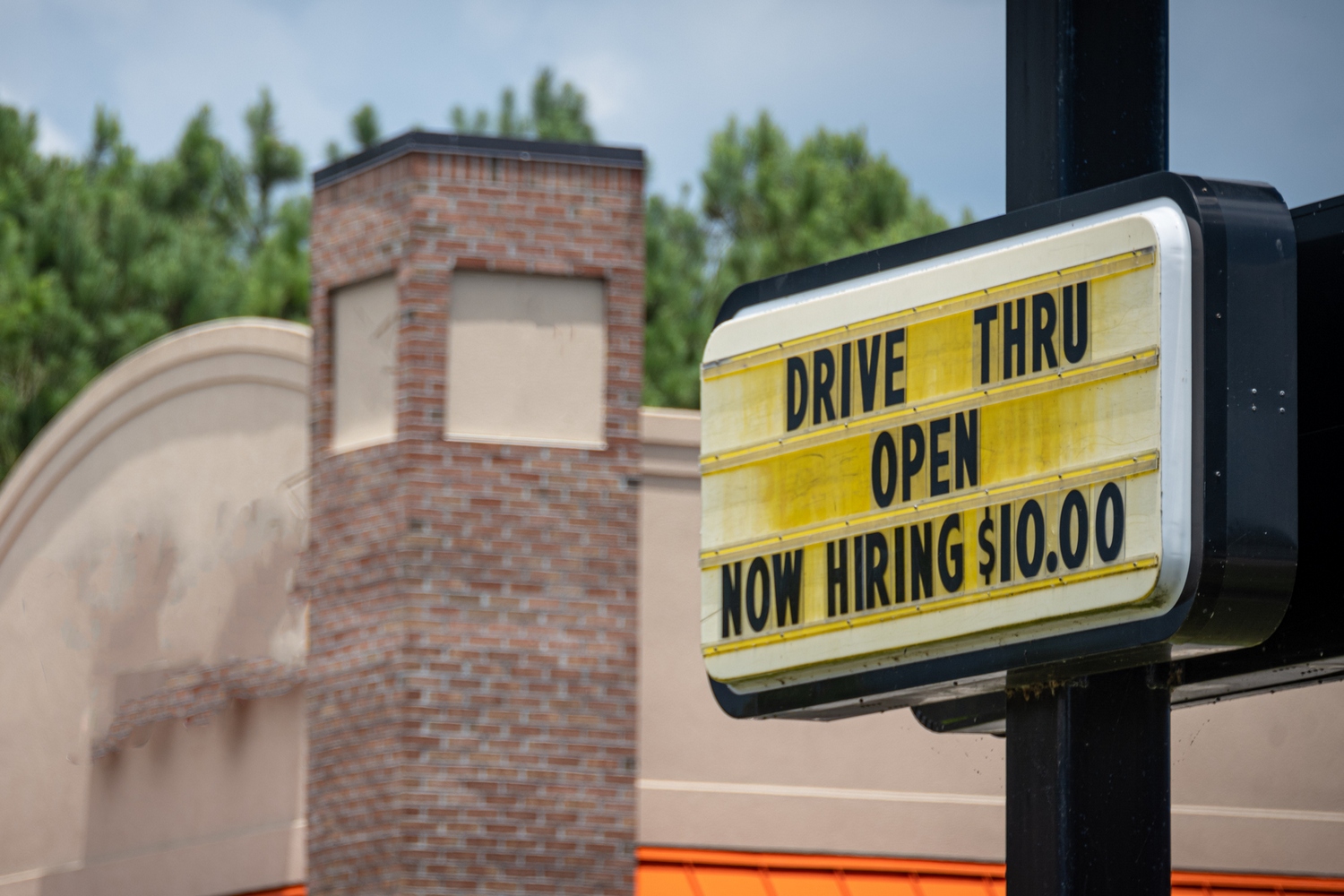Many US chains formerly prohibited one location from hiring another’s workers using contractual “no-poaching” clauses. When they abandoned this practice under legal pressure, worker pay rose by 4 to 6.6 percent. A new IZA discussion paper by Brian Callaci, Matthew Gibson, Sergio Pinto, Marshall Steinbaum and Matt Walsh investigates the wage impact using nationwide data from a wide array of US industries, from tax preparation to plumbing.
The paper takes advantage of an antitrust enforcement campaign undertaken by the Attorney General (AG) of Washington State. From mid 2018 through early 2020, the AG signed 239 agreements with individual chains, committing them to abandon no-poaching clauses.
Examples include McDonald’s (fast food), Jackson Hewitt (tax preparation), Expedia CruiseShipCenters (travel), European Wax Center (personal care), Hertz (car rental), and Weichert Real Estate Affiliates. The agreements bound chains not only in Washington State, but nationwide.
The result was an increase in labor market competition, with different locations inside the same chain now free to pursue the same workers. The authors estimate the effects of this increased competition on worker pay by comparing chains that agreed to abandon no-poaching clauses to other employers, before and after the agreements with the AG.
Using job vacancy data from Burning Glass and worker pay reports from Glassdoor, they find that abandonment of franchise (chain) no-poaching clauses increased worker pay by 4 to 6.6 percent on average. Pay increases were larger for salaried than for hourly workers. In addition, the study documents spillover pay increases for chain employers that did not sign agreements with the AG, but that compete for labor with chains that did.


These results suggest that low-pay labor markets are not almost perfectly competitive, as is often assumed. More broadly, the paper points to the importance of antitrust policy and enforcement for worker welfare.
Despite the efforts of the Washington State AG, no US court has yet ruled that franchise no-poaching clauses are illegal, and they are still used by some chains. To date private litigation attempting to recover damages for past use of franchise no-poaching clauses has not succeeded.
